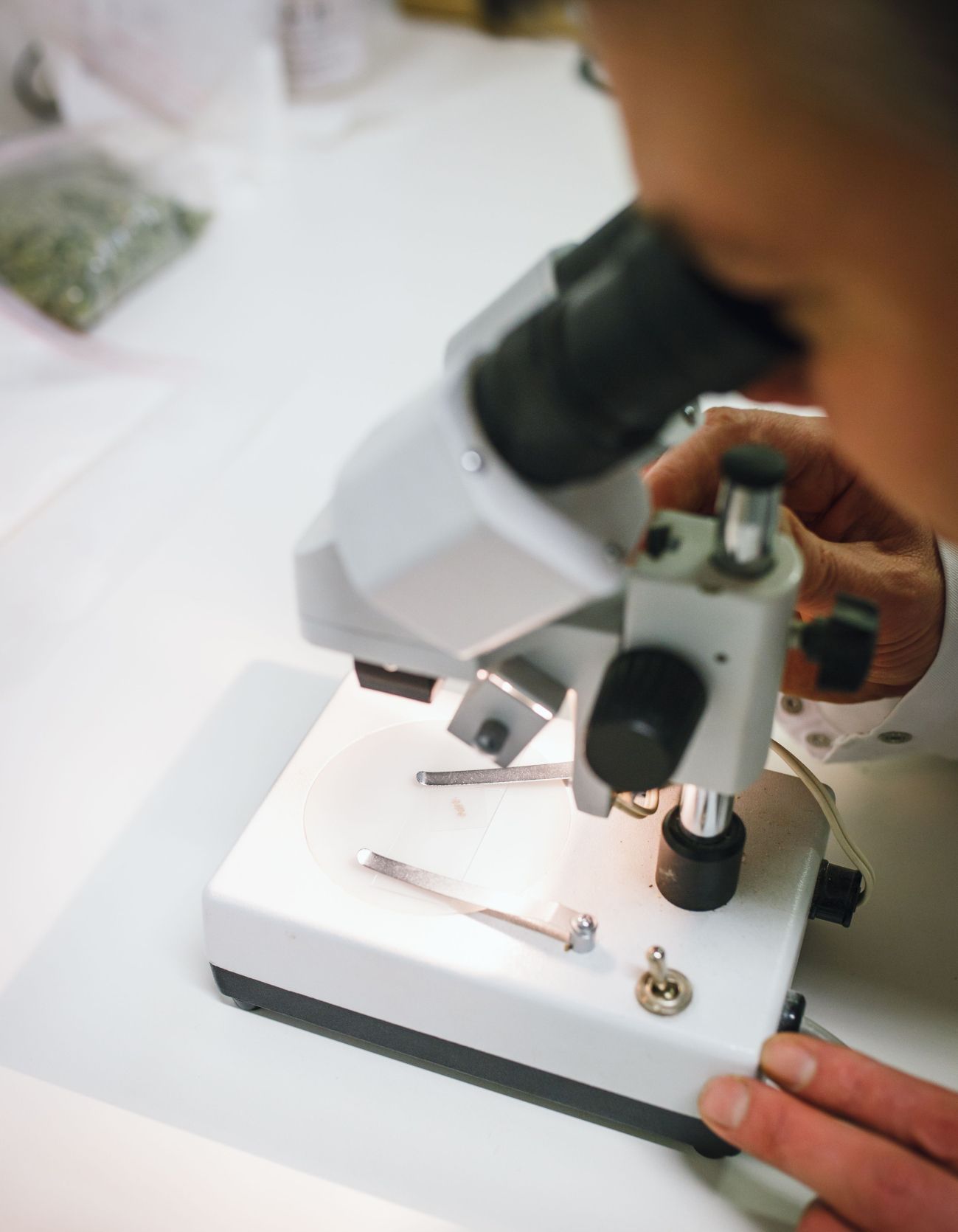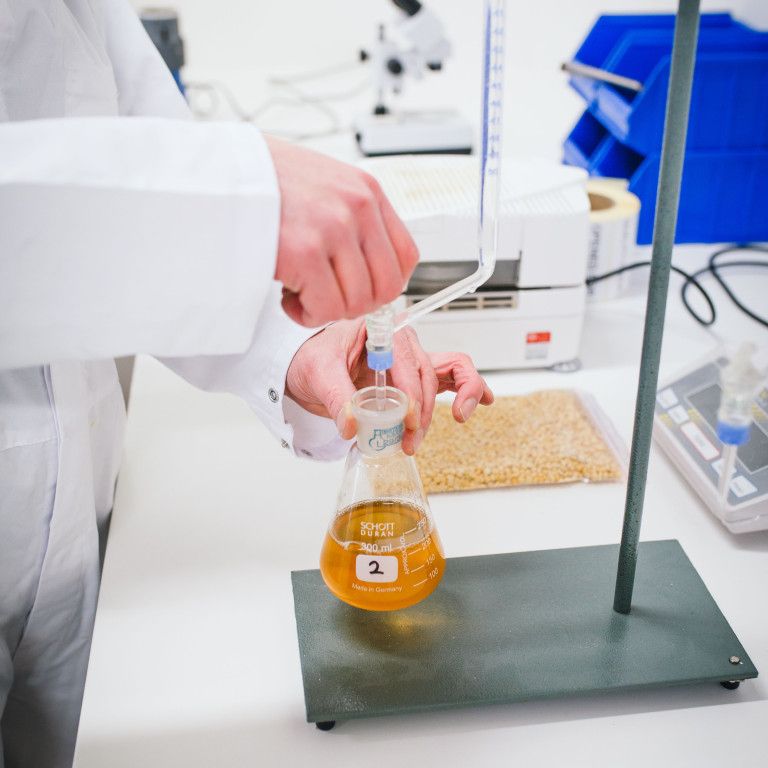PROVEN ALTERNATIVES
For decades, organic and traditional plant breeders have proven that we can develop resilient, desease-resistant, and climate-adapted crops without genetic manipulation. By working with diversity and respecting ecological cycles, organic farming offers real, long-term solutions.
At DO IT Organic, we stand for transparency, fairness, and respect for nature. That is why we strongly support the call to keep organic agriculture free from genetic modification and GMO-like techniques such as CRISPR-Cas.

WHAT ARE GMOS?
GMO stands for genetically modified organism. Using laboratory-based techniques like CRISPR-Cas, the DNA of plants is altered directly – disabling, changing, or adding genes. This goes far beyond traditional plant breeding, where new varieties are developed by natural cross-pollination and careful selection.
In contrast, organic agriculture values natural diversity and evolutionary adaptation. It relies on time-tested breeding methods that respect the integrity of living organisms and the ecosystems they belong to, ensuring that our food remains safe, transparent, and connected to nature.
WHY THIS MATTERS
The European Commission has proposed a law that would allow genetically modified plants to be grown and sold in Europe without clear labelling, safety checks, or traceability. If accepted, consumers and farmers would no longer know whether a product was produced using new genetic engineering techniques. That means one of our most fundamental rights – the freedom to choose GMO-free food – would disappear.
Organic agriculture is built on four principles: care, health, ecology, and fairness. Together, they form the foundation for a food system that respects both people and the planet – a vision that simply doesn't align with genetic modification.
-
Care means taking responsibility for our actions and their impact on the planet. Genetic modification can lead to unintended changes in a plant’s DNA, and once altered organisms are released into nature, they can’t be recalled. The effects are irreversible.
-
Health in organic farming is about nurturing the well-being of soil, plants, animals, and people. GMO crops often depend on chemical inputs and are grown in large-scale monocultures, disturbing the natural balance that healthy ecosystems rely on.
-
Ecology reminds us that real sustainability means working with nature, not against it. Organic farmers improve crops through observation, patience, and knowledge – by selecting naturally strong varieties rather than altering them in the lab.
-
And finally, fairness. Patents on genetically modified seeds give a few large companies control over the food system, limiting farmers’ independence and threatening biodiversity. A fair food chain starts with free, open access to the seeds of life itself.
In short, GMOs undermine the very principles that make organic farming what it is: a system based on trust, balance, and respect for life in all its forms.
TOGETHER FOR TRANSPARANCY AND INFORMED CHOICE
More than 60,000 citizens and over 30 associations and companies – including Rapunzel – are calling for clear labelling, strict risk assessments, and no patents on life.
This goes beyond competition; it concerns us all. Decisions that shape the future of our food system are being made today. That’s why we want to help raise awareness of this crucial, yet often-overlooked issue – and invite you to take action by writing an email to a Member of the European Parliament (MEP) on Rapunzel’s website.
The future of our food depends on transparency, scientific responsibility, and the freedom to choose what ends up on our plates.

Share page